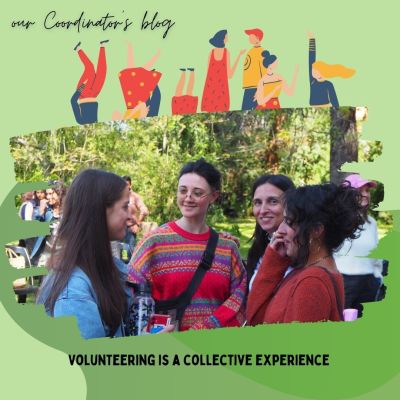An Argentina program, Asignación Universal por hijo para protección social, has been enforced by ANSES, Administración Nacional de la Seguridad Social. ANSES is an organization dedicated to national social security such as grants and pensions, family allowances for people in business and family benefits to people in passive period, and unemployment benefits, which are financed by national employment funds.
An Argentina program, Asignación Universal por hijo para protección social, has been enforced by ANSES, Administración Nacional de la Seguridad Social. ANSES is an organization dedicated to national social security such as grants and pensions, family allowances for people in business and family benefits to people in passive period, and unemployment benefits, which are financed by national employment funds. This program is designed to increase the percentage of children enrolled in primary and secondary schooling in Argentina. It is geared towards motivating families to pursue education within Argentine society. With proof of a birth certificate, family identification, compliance with mandatory vaccination schedule, and recorded attendance at a public educational establishment, families receive an exchange of money for each child’s enrollment within the education system.
The program is proposed for the unemployed, the non-registered working families, and/or domestic workers who are receiving less than the minimum wage. Children must be under 18 years of age; they must be Argentine, Argentine-born, naturalized or resident, and a legal resident no less than three years preceding the application process. Once the proper paperwork has been completed, families of non-registered workers (receiving less than minimum wage) will receive $180 per month, per child. Unemployed families will receive $144 per month. This amount equals 80% of the final allowance received. Initially, 80% of the child’s allowance is given directly to the family with the remaining 20% deposited into an account under the owner’s name, which can only be removed once a year. The allowance limits out at five children. For disabled children, ANSES provides an amount of $720 for the direct deposit. Families of disabled children need to complete a PS 2.3 form including a medical testimony and Blackeye 2 Employer Report in addition to birth certificate, family ID, and attendance records, in order to fulfill the requirement of ANSES. In July of 2010, ANSES announced that family allowances for children increased 22.22%. Diego Bossio, the Executive Director of the National Social Security said, “the universal child allowance is not the product of chance, but a policy of inclusion.” Argentina has great hopes for this program, Asignación Universal por hijo para protección social. The program hopes to strengthen the state and provide tools to get closer to the needs of the people.




